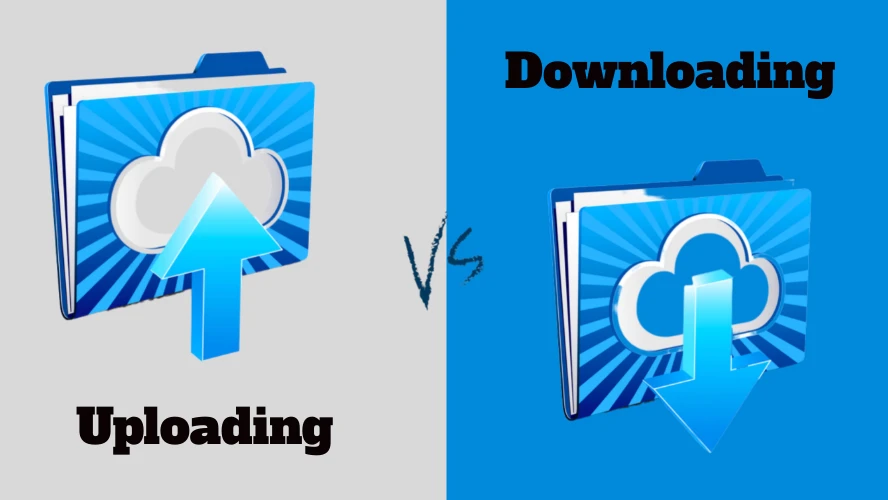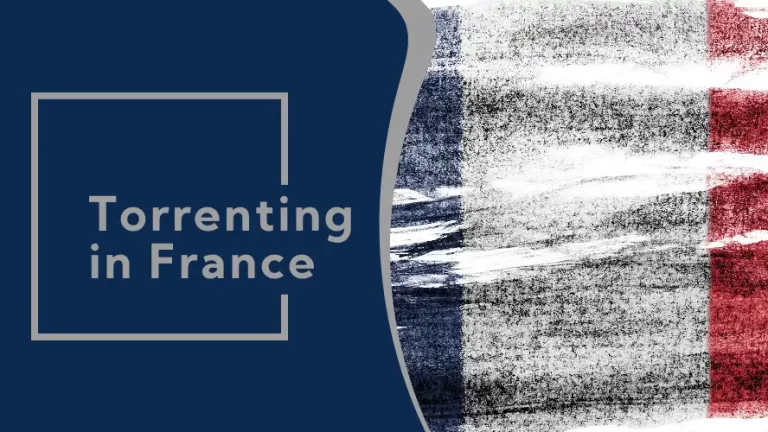If you’ve ever discussed torrenting and file-sharing with someone, chances are you’ve come across the statement, “Downloading torrents is legal, but seeding them is not.” While this notion seems to be widely accepted, it is as vague as it is incorrect.
This article will provide an overview of the complexities of torrenting and the legal implications of downloading and seeding. By better understanding these concepts, you’ll be better prepared to navigate the world of torrenting and engage in informed discussions on the topic.
The BitTorrent Protocol: Legality and Copyright Issues
The BitTorrent protocol is a nifty peer-to-peer (P2P) file-sharing technology designed to distribute large files efficiently by breaking them into smaller pieces and sharing them among multiple users. This approach accelerates the download process as more people join the network.
Regarding the legality of BitTorrent, the technology itself is completely legal. BitTorrent has legitimate uses, with organizations like NASA, Microsoft, and the Linux Foundation frequently relying on BitTorrent for file distribution.
Copyrighted material is when things get murky
The tricky part comes when discussing copyrighted material. While the BitTorrent protocol is not inherently illegal, it can be utilized to share legally protected content without authorization. Distributing copyrighted material without the owner’s consent falls under copyright infringement and is considered illegal in most jurisdictions.
The main takeaway is that using the BitTorrent protocol for legitimate purposes is perfectly fine. However, sharing copyrighted material without permission is where things get murky. You should be aware of these nuances when engaging in torrenting activities.
Downloading and Seeding: No Legal Distinction
Now that we’ve established the legal status of BitTorrent, let’s dive into the often misunderstood distinction between downloading and seeding torrents. Spoiler alert: there isn’t one, at least not in the eyes of the law.
Downloading refers to the process of receiving data from other peers in the network, while seeding is the act of sharing data with other peers. Many believe downloading torrents is legal, while seeding them is not. However, this belief is inaccurate. The law considers both actions as file sharing, and if the shared content is copyrighted, it’s likely to be treated as copyright infringement.
When you’re engaged in torrenting, regardless of whether you’re downloading or seeding, you’re participating in the distribution of files. If the content you’re sharing is copyrighted, you could potentially face legal consequences. In short, the law doesn’t discriminate between downloading and seeding when it comes to file sharing. Both activities carry the same weight and have legal implications.
The Seeder Liability Myth
You may have heard the persistent myth that ISPs, copyright law firms, and law enforcement agencies are more likely to target seeders. This idea stems from the misconception that seeders are the primary contributors to the distribution of copyrighted content, while downloaders are simply passive recipients. However, this myth doesn’t hold up when you look closely at how torrenting works.
In a BitTorrent network, every participant simultaneously downloads and uploads pieces of a file. This means that even if you’re primarily downloading a file, you still share it with others and contribute to its distribution. As a result, both seeders and downloaders are involved in the file-sharing process and could be held liable for copyright infringement.
When identifying and targeting individuals involved in copyright infringement, seeders, and downloaders are generally not differentiated. ISPs and copyright trolls are more concerned with the unauthorized sharing of copyrighted content rather than the individual’s role in the torrenting process.
Staying Safe While Torrenting: The Role of VPNs
When torrenting, it’s crucial to prioritize your online safety and privacy. The most effective way to accomplish this is by using a Virtual Private Network (VPN). An encrypted VPN connection enhances your security by masking your IP address and encrypting your internet connection. This makes tracking your online activities by third parties more challenging.
Using a VPN for torrenting comes with several benefits. The main advantage is that it hides your real IP address. By doing that, your identity remains private while downloading torrents.
When selecting a VPN provider for torrenting, choosing one that is reliable, secure, and committed to protecting your privacy is essential. Here are a few VPN providers that I recommend as a starting point:
Concluding Thoughts
In light of everything we’ve discussed, it’s clear that torrenting can be complex and nuanced, with legality often being a matter of jurisdiction and specific actions.
It’s essential to understand that there is no legal distinction between downloading and seeding, as both actions are seen as file sharing in the eyes of the law.
So, the notion that seeders are more likely to face legal repercussions is a myth. In reality, anyone sharing copyrighted content, whether downloading or seeding, could be held responsible. It’s important to have this in mind when participating in torrenting activities.



